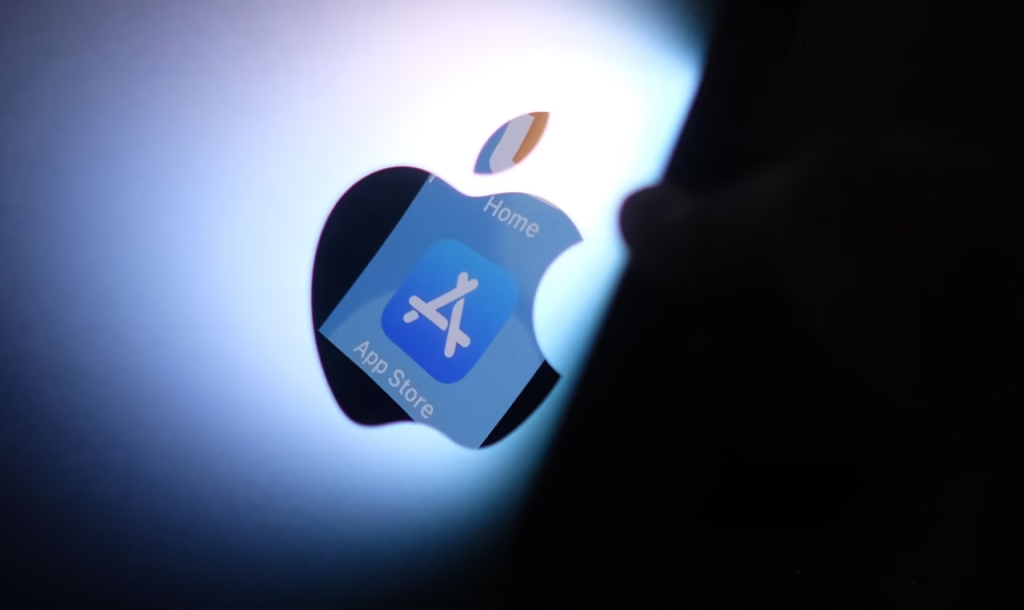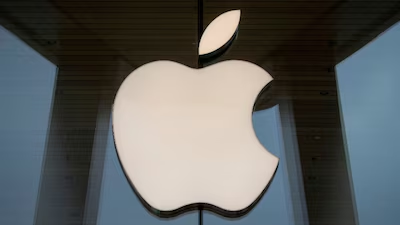
Apple has made a major shift in its App Store policies across the European Union as part of efforts to comply with the Digital Markets Act (DMA), a new and powerful law passed by the European Commission. These changes aim to improve fairness, transparency, and competition in the digital world, especially among large tech companies that dominate app distribution and services. This is a landmark moment in the relationship between governments and Big Tech, and Apple’s response is being closely watched by developers, consumers, and regulators around the globe.
What is the Digital Markets Act?
The Digital Markets Act (DMA) is a regulation introduced by the European Union to prevent monopolistic practices in the digital space. It targets tech giants referred to as “gatekeepers”, which includes Apple, Google, Amazon, Meta, and Microsoft. These companies control major digital platforms and have been accused of using their dominance to limit competition and choice.
Under the DMA, these companies are now required to open their platforms, ensure fair competition, and give users more control over how they use digital services. For Apple, this means allowing alternatives to the App Store and loosening control over how developers distribute and monetize their apps.
Apple’s New Rules: A Major Shift in Strategy
In direct response to the DMA, Apple has introduced a range of changes to its App Store operations across the European Economic Area (EEA), which includes all EU countries, along with Norway, Iceland, and Liechtenstein. These adjustments mark one of the most significant shifts in Apple’s iOS ecosystem since the launch of the iPhone.
Apple will now allow third-party app stores to function on iPhones and iPads, giving developers the option to distribute their apps outside the traditional App Store. This is a radical departure from Apple’s previous policy, where it controlled the only official method to install apps on its devices. For the first time, iOS users in the EU can access alternative marketplaces, paving the way for increased competition and innovation in the mobile app industry.
In addition to new app distribution models, Apple is also allowing developers to use third-party payment systems for in-app purchases. This move means that developers can now bypass Apple’s in-house payment system, which typically charges a 30% commission fee on most transactions. However, Apple has introduced a “core technology fee” that developers still need to pay, even if they use their own payment methods.
Apple has also rolled out a new developer agreement specifically for the EU. Developers who want to use these new freedoms must sign a special contract outlining the terms and responsibilities tied to using third-party stores or payments. Apple argues that this is necessary to maintain user safety, privacy, and the quality of iOS devices. Still, many developers believe this additional agreement is a clever way for Apple to retain control while giving the appearance of compliance.
Impact on App Developers: Opportunities and Hurdles
For developers, these changes create new opportunities to innovate, grow, and save money—but not without challenges. The ability to bypass the App Store’s payment system means developers can avoid Apple’s commission fees, leading to higher profits and flexible pricing strategies. It also opens the door to more customized app experiences and promotional strategies not allowed under Apple’s standard rules.
However, developers face technical and logistical hurdles. Setting up a third-party app store or integrating an alternative payment system requires significant investment in infrastructure, customer support, and security protocols. Also, they must work hard to gain user trust, especially since Apple will display warning messages to users installing apps from outside the App Store. These messages are meant to ensure security, but many developers believe they may discourage users from exploring alternatives.
There’s also the issue of the new core technology fee, which some see as Apple’s attempt to still profit from app distribution, even if developers go outside its ecosystem. This has sparked criticism, with many calling it an unfair workaround that violates the spirit of the DMA.
User Benefits and Concerns: More Choice, Less Control?
For users, the most immediate change is greater freedom. iPhone and iPad users in the EU can now download apps from third-party sources, just like Android users have done for years. This means more choices, better pricing, and access to niche apps that may have been restricted or banned on the App Store.
Some app developers may also offer discounts or bonuses for users who pay through alternative payment systems, helping users save money. And with new competition, app developers may work harder to create high-quality apps with better features and lower costs.
However, this freedom comes with potential risks and confusion. Apple has long prided itself on a closed ecosystem that emphasizes security. Apps downloaded from outside the App Store may not undergo the same level of review, leading to fears of malware, scams, or privacy breaches. While Apple will display clear warnings, non-technical users may feel uncertain or hesitant about trying third-party options.
There is also concern that the new choices could overwhelm or confuse users, particularly those who are not tech-savvy. Having multiple app stores, different payment options, and a new layer of permissions may lead to frustration if not designed carefully.
Apple’s Position: Resistance and Compliance
Although Apple has technically complied with the DMA, the company has voiced strong concerns about the law’s impact on user safety and platform integrity. In several public statements, Apple said it believes the App Store offers the most secure and privacy-focused environment for users. It warns that opening the system could lead to unintended consequences, such as fraud, scams, and decreased trust in the iOS platform.
At the same time, Apple is working hard to retain control where it can. The new developer agreement, the technology fee, and the pop-up warnings are all part of Apple’s strategy to make the transition challenging without outright disobeying the law. This has led to intense criticism from regulators and developers who believe Apple is not embracing the spirit of the DMA.
European Union’s Watchful Eye and Global Implications
The European Commission is keeping a close watch on Apple’s implementation of these rules. If the commission believes Apple is making it harder for developers and users to switch away from the App Store, it could trigger a formal investigation or even levy hefty fines.
This ongoing battle is not just a European issue. The changes Apple is making in the EU could inspire similar actions in other parts of the world. Governments in the United States, India, South Korea, and Australia are also evaluating antitrust laws to control Big Tech. The success or failure of the DMA in the EU could serve as a blueprint for future regulations globally.
If the changes work well and encourage more competition without compromising user safety, other nations might adopt similar laws, forcing Apple and other tech giants to make global changes. On the other hand, if the transition leads to confusion, lower security, or user backlash, it could slow down regulatory momentum elsewhere.
The Bigger Picture: End of Apple’s Walled Garden?
These changes signal the beginning of the end of Apple’s tightly controlled ecosystem—at least in Europe. While the company still holds considerable power, the DMA has shifted the balance in favor of openness, competition, and user choice. Developers now have new ways to grow, and users have more options and better deals.
But the battle is far from over. Apple is known for its long-term strategies and legal defenses, and future updates to the DMA or Apple’s agreements could again change the landscape. For now, the EU has set a strong precedent by holding one of the world’s largest tech companies accountable, and the results of this bold step will be felt far beyond Europe.
In the coming months and years, we will likely see more challenges, lawsuits, and policy changes as regulators and tech giants continue to clash. What’s certain is that the digital world is entering a new phase, one where control is shared, innovation is encouraged, and users get a bigger say in how their devices work.































